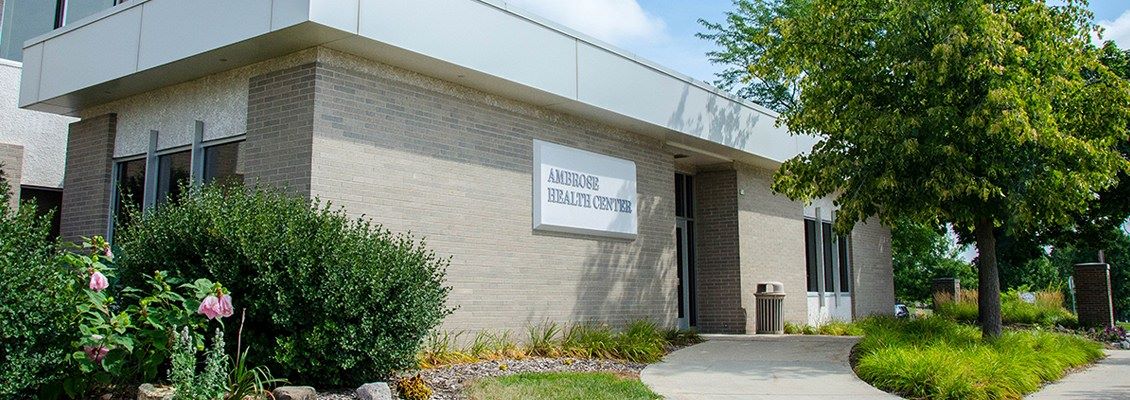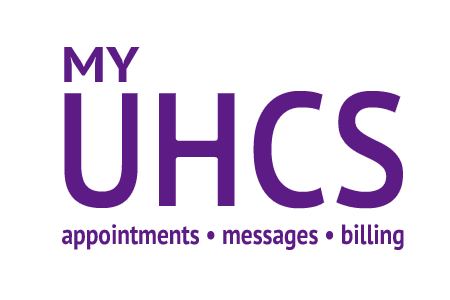Nutrition and Eating Healthfully
Wellness Information
UHCS Services
At UHCS we know that to feel your best and do your best, you need to eat healthy foods. If you have questions about a healthy diet, food allergies, eating on campus, or how to gain, maintain, or lose weight, you can meet with an expert to discuss any concerns or questions that you have.
Overview
Here are some recommendations to fuel your body:
1. Never skip breakfast! One more time... never skip breakfast! Many students don't make time for eating a healthy breakfast. This is so important because eating breakfast helps you both mentally (you'll have a better ability to concentrate and retain what you learn) and physically (you'll get a great jumpstart for your metabolism).
2. Practice portion control. Here are some guidelines for correct portion sizes:
- 3 ounces of meat = a deck of cards
- ½ cup of pasta or rice = a light bulb
- 1 cup of veggies (cooked carrots, salad, etc.) or a piece of fruit = a baseball
- Condiments (butter, salad dressing, mayonnaise, etc.) = a poker chip
3. Taste the rainbow. When you eat produce, you should try to eat a variety of colors:
| Color | Examples |
|---|---|
| Purple/Blue | plums, grapes, blackberries, blueberries |
| Green | celery, kiwis, green peppers, blackberries |
| Orange/yellow | peppers, tomatoes, citrus fruits, pineapple |
| Red | apples, strawberries, pomegranates, beets |
| White | cauliflower, mushrooms, rambutans |
4. Plan out your meals and snacks. Have an idea of what you're going to eat throughout the week and keep a stock of healthy snacks. Then, when you do get hungry, you'll have some healthy options that are quick, convenient and ready for you to eat. You'll be less likely to snack on something that isn't as healthy for you.
5. Make a 'healthy plate.' Aim for filling half of my plate full of vegetables and fruits. Then, a quarter of the plate has protein (beans, eggs or meat) and a quarter of the plate has carbohydrates (complex carbs like brown rice or whole grain bread). Also look to include a side of low-fat dairy.
Resources
Disclaimer
All information on this website is written by UHCS professional staff unless otherwise noted. No data is collected on visitors to this site. Financial Support for this web site is provided by University Health & Counseling Service, Division of Student Affairs, University of Wisconsin-Whitewater. This web site does not accept advertising.
This site is not meant to replace the advice of a health care or counseling professional. You should not rely on any information on these pages, or information generated for you by this site, to replace consultations with qualified professionals regarding your own specific situation. Some links take you to a source outside of UHCS. The owners of that site, not UHCS, are responsible for the content.



